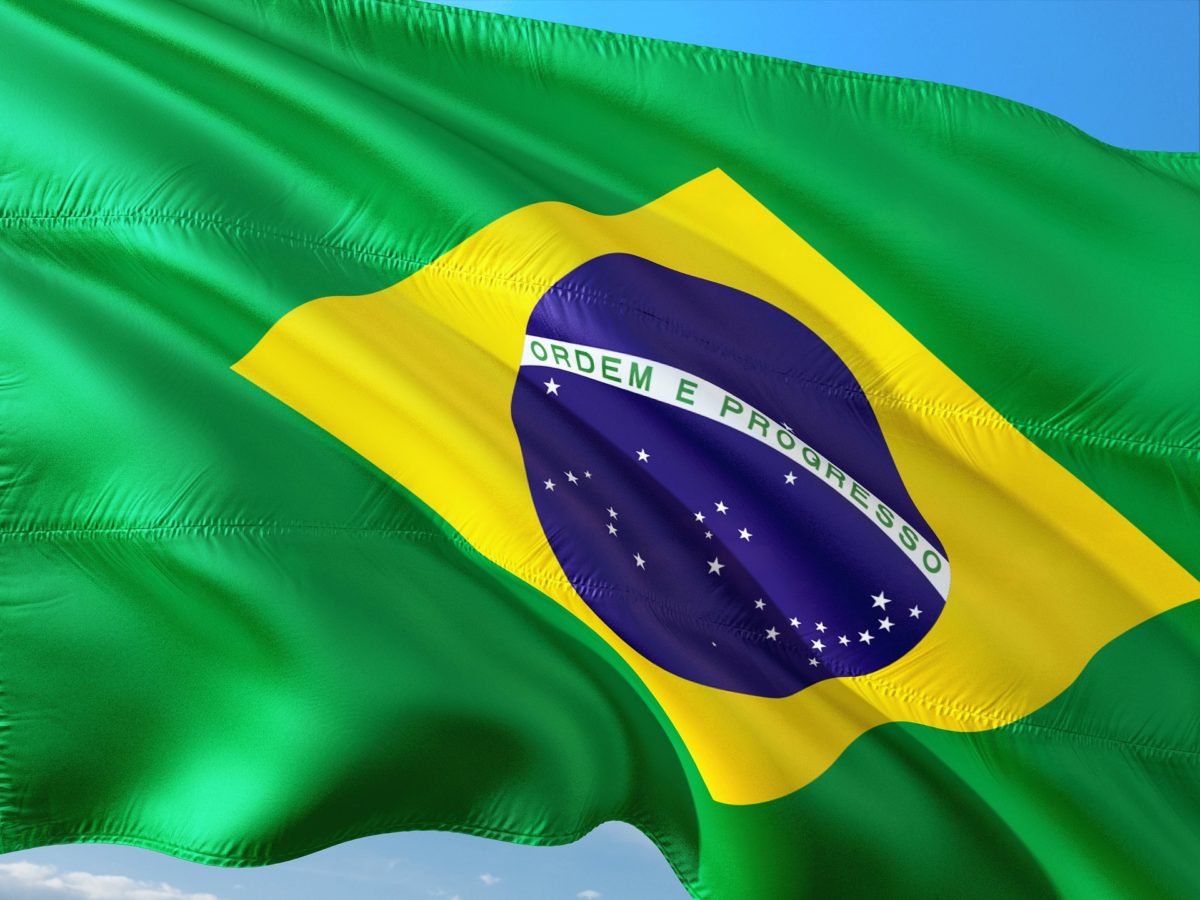PV systems in Brazil installed under the regulatory framework for distributed generation – arrays up to 5 MW in size – reached 501.9 MW at the end of December, according to statistics released by Brazilian solar association ABSolar.
Most of this capacity – around 371.9 MW – was connected last year, the association revealed. That compares to 121.5 MW in 2017, 48.6 MW in 2016, and just 9.7 MW in 2015.
Some 49,177 PV systems were operational under net metering in Brazil at the end of last year. Around 75% of them were residential installations while commercial and industrial systems accounted for 16.8% and 2.7%, respectively, with the remainder including rural community projects and those of public entities.
Commercial PV had a 43.2% slice of capacity, followed by the residential and industrial, with 35.7% and 10.3%, respectively.
The state of Minas Gerais is the only one with more than 100 MW of distributed PV, to lead the national ranking with 21.8% of installed capacity, followed by Rio Grande do Sul (15.7%), São Paulo ( 12.2%), Paraná (6.1%) and Santa Catarina (5.4%).
Popular support for solar
ABSolar president Ronaldo Koloszuk stressed the strong growth of the last two years was due to cheaper PV modules, higher power tariffs and an increased environmental awareness among consumers.
ABSolar CEO Rodrigo Sauaia said: “Research conducted by Ibope Inteligência in 2018 and 2017 – and by Datafolha in 2016 and DataSenado in 2015 – show that the solar photovoltaic [energy] source has [the] broad support of more than 85% of the Brazilian population.” It is unclear, however, what the attitude of populist Jair Bolsonaro – sworn in as president this month – is towards solar.
Brazilian consultancy Greener recently highlighted the strong potential of distributed generation in Brazil.
Net metering legislation was introduced by the Brazilian government in 2010 but it was only in 2016 that the Ministry of Energy and Mines introduced a package of measures that unlocked the potential of net metering nationally. That legislation included, along with improved financial conditions for project loans, an increase of the size limit for projects to qualify for net metering, to 5 MW.
The government is supporting distributed generation through its Convention 16/15 (Convenio ICMS 16/2015), which exempts the owners of solar power generators up to 1 MW in size from paying the ICMS state sales tax under the net metering program.
Brazil’s Electricity Regulatory Agency – Aneel – is aiming to bring 886,723 PV systems under net metering rules by 2024.
This article was modified on 10/01/19 to change the main image.
This content is protected by copyright and may not be reused. If you want to cooperate with us and would like to reuse some of our content, please contact: editors@pv-magazine.com.




By submitting this form you agree to pv magazine using your data for the purposes of publishing your comment.
Your personal data will only be disclosed or otherwise transmitted to third parties for the purposes of spam filtering or if this is necessary for technical maintenance of the website. Any other transfer to third parties will not take place unless this is justified on the basis of applicable data protection regulations or if pv magazine is legally obliged to do so.
You may revoke this consent at any time with effect for the future, in which case your personal data will be deleted immediately. Otherwise, your data will be deleted if pv magazine has processed your request or the purpose of data storage is fulfilled.
Further information on data privacy can be found in our Data Protection Policy.